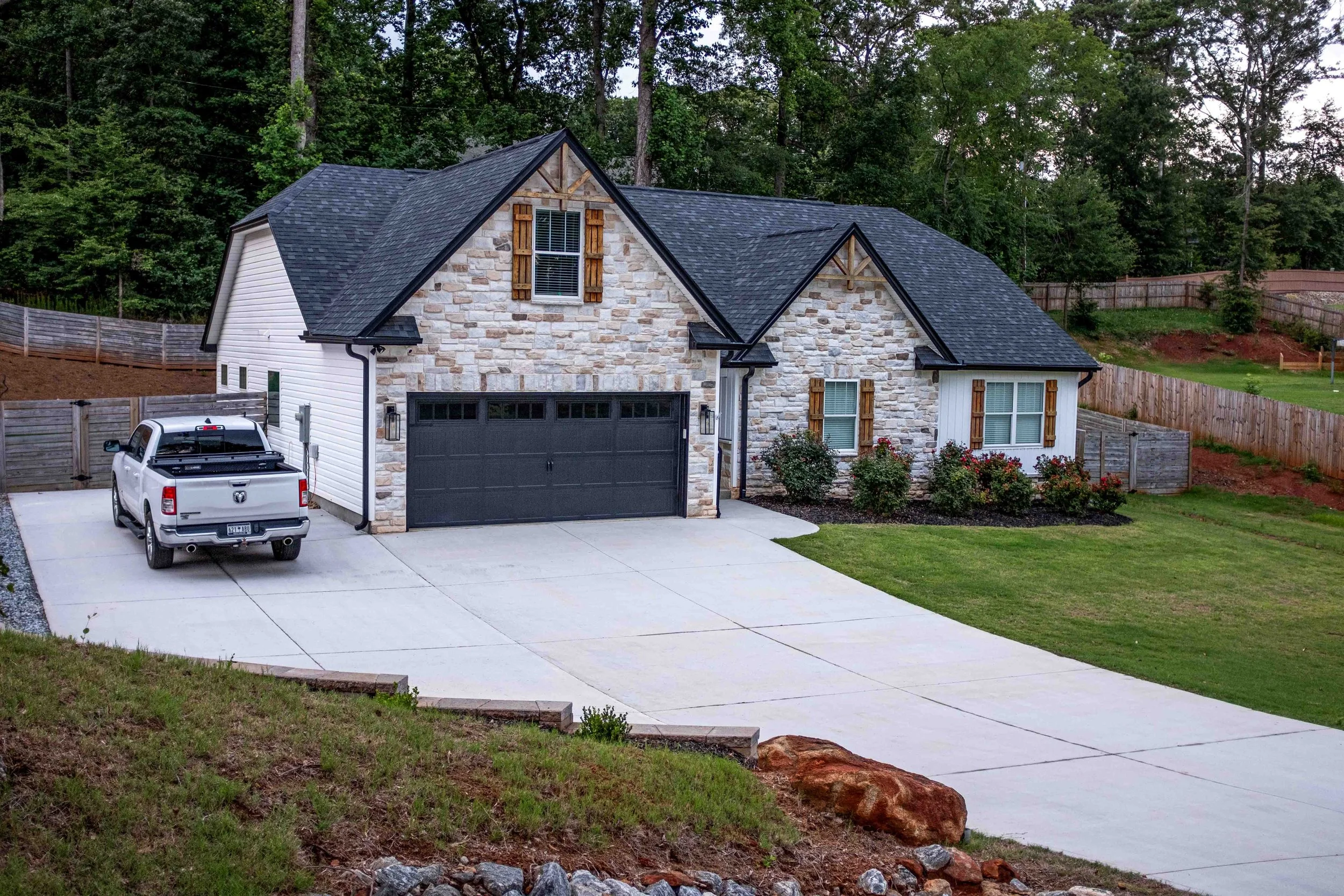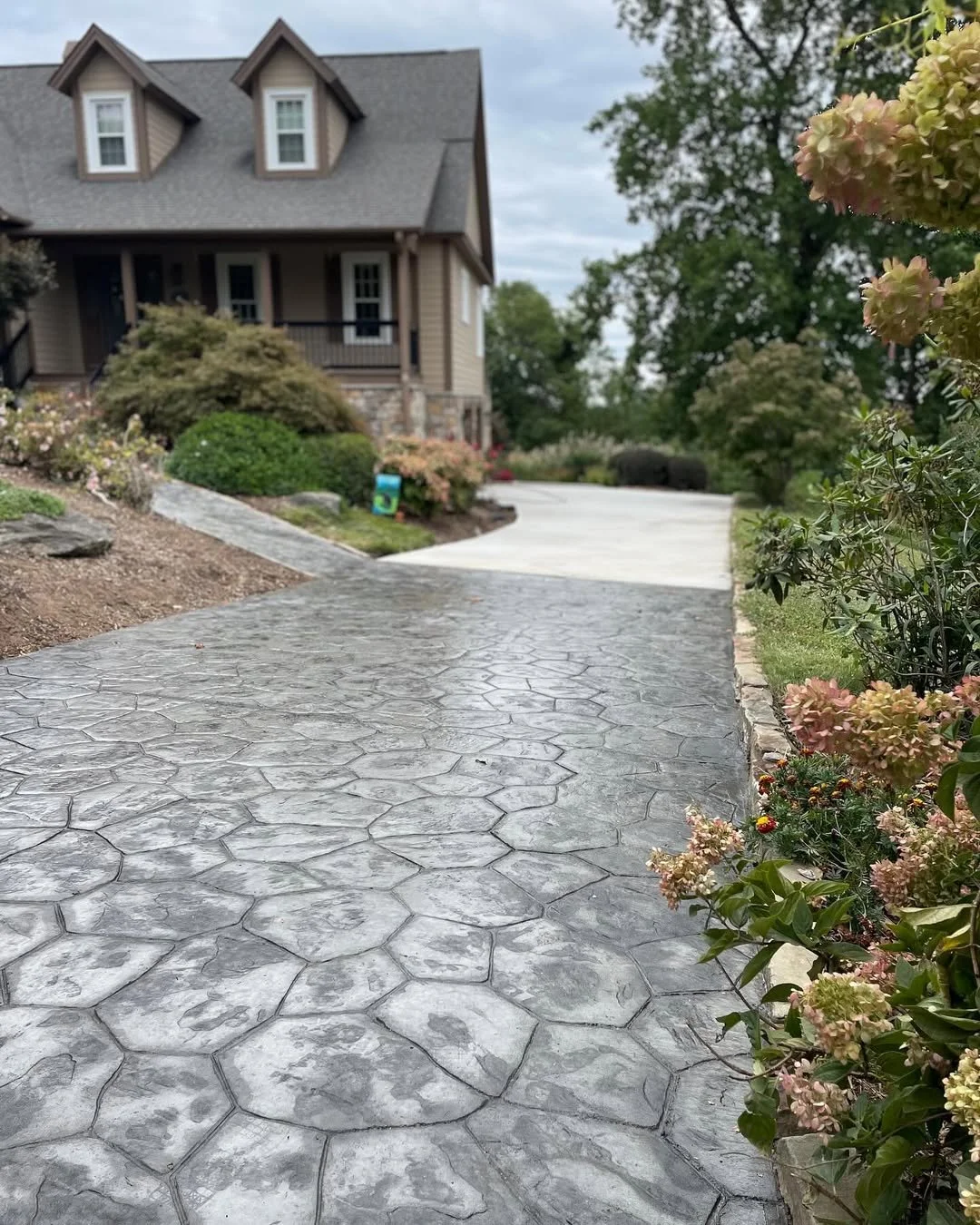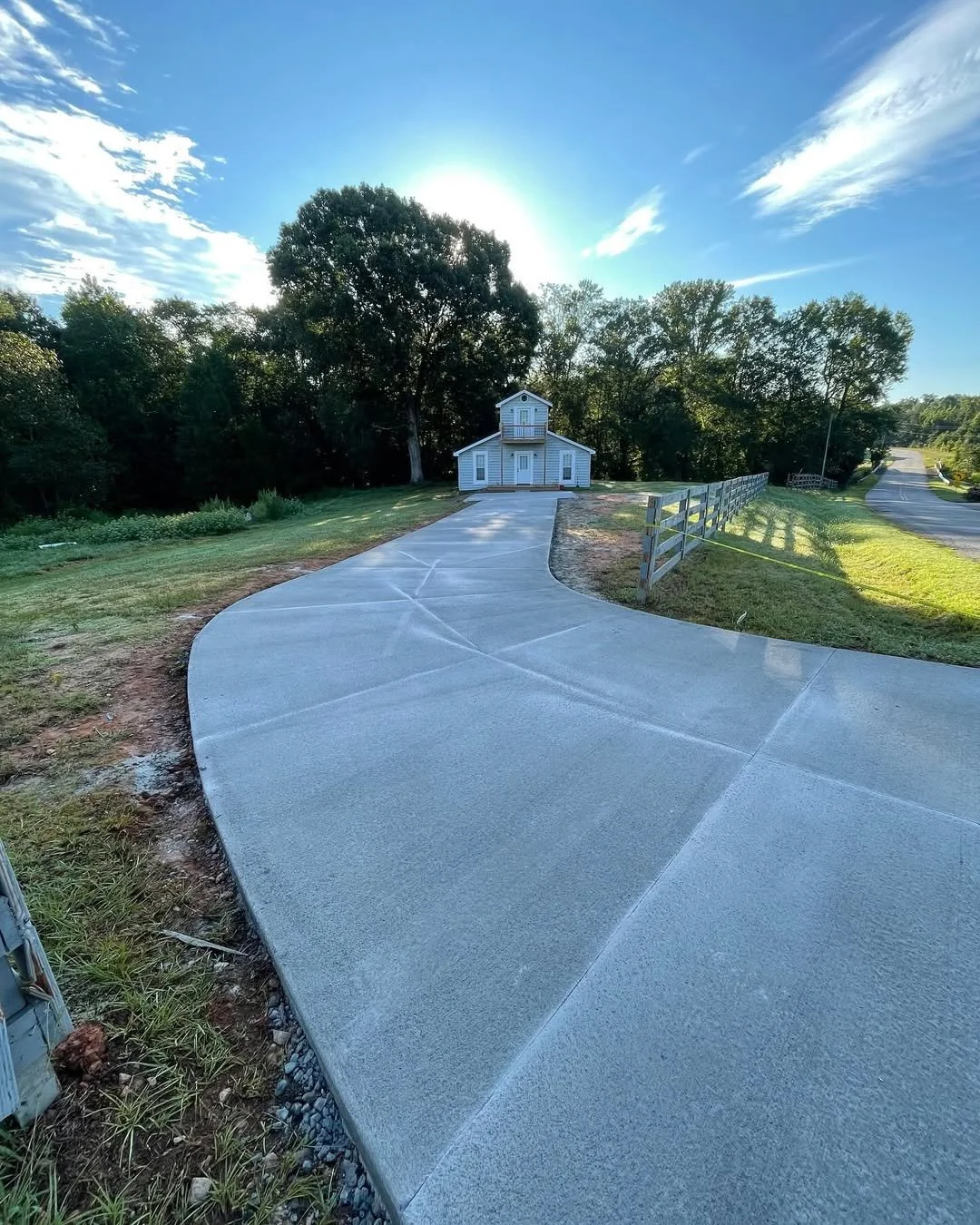The Definitive Guide to Concrete Driveways: Durability, Design, and Value
When it comes to enhancing both curb appeal and functionality, few home improvements deliver as much impact as installing a well-designed driveway. Among the available materials, concrete stands apart for its exceptional durability, design versatility, and long-term value.
In this comprehensive guide, we explore what makes concrete driveways a superior choice, and what homeowners should consider when planning their next driveway project.
Why Concrete Remains the Industry Standard for Driveways
Unmatched Durability and Longevity
Concrete driveways are engineered to endure. Their ability to withstand extreme weather, heavy traffic, and everyday wear translates to an expected lifespan of 30 years or more with routine maintenance. Unlike asphalt, which demands frequent resurfacing and repairs, concrete’s resilience means fewer interventions and lower lifetime costs.
Design Flexibility to Complement Any Home
Modern concrete technology offers far more than the traditional gray slab. Decorative techniques—including stamping, coloring, and exposed aggregate finishes—allow homeowners to tailor their driveway’s appearance to suit their architectural style. This adaptability transforms your driveway from a purely functional surface into an integral part of your home’s aesthetic.
Cost-Effectiveness Over Time
Though the upfront cost of concrete may be higher than alternatives like asphalt or gravel, its low maintenance needs and longevity typically yield better value over the long haul. A concrete driveway not only enhances your property’s curb appeal but can also increase resale value, making it a wise investment for discerning homeowners.
Planning Your Concrete Driveway: Key Considerations
Assess Site Conditions and Design Needs
Effective driveway design begins with a thorough evaluation of your property’s size, shape, slope, and soil conditions. Tailored solutions ensure your driveway is both visually appealing and functionally sound—optimizing drainage, accessibility, and durability.
Selecting the Right Concrete Finish
Your choice of finish impacts both appearance and performance. Smooth finishes offer a sleek, modern look, while stamped or textured options add character and slip resistance. Consider how your finish complements your home and meets your lifestyle needs.
Understanding the Installation Process
Quality installation is critical to performance and longevity. The process includes careful site preparation, proper formwork, precise concrete pouring, and controlled curing. Adhering to best practices minimizes cracking and maximizes strength, ensuring your driveway performs flawlessly for decades.
Maintaining Your Concrete Driveway for Long-Term Performance
Concrete driveways benefit from straightforward maintenance. Regular cleaning, prompt sealing every few years, and avoiding harsh chemicals can preserve the surface’s integrity and appearance. Proactive upkeep prevents costly repairs and extends the driveway’s service life.
Why Local Expertise Matters in Concrete Driveway Installation
Concrete installation is a craft refined by local experience. Regional soil types—like the distinctive red clay common in the Upstate South Carolina area—pose unique challenges that require specialized knowledge. Understanding local climate variations, freeze-thaw cycles, and drainage patterns ensures your driveway is designed and built to perform optimally in your environment.
Partner with Experienced Concrete Professionals
Choosing a contractor with proven expertise and a deep connection to your community can make all the difference. A skilled local team understands how to balance aesthetics, durability, and cost-efficiency to deliver results that exceed expectations.
Conclusion
Investing in a concrete driveway is more than a home improvement—it’s a long-term commitment to quality, value, and curb appeal. By prioritizing durability, design, and expert installation, homeowners set themselves up for decades of satisfaction and pride in their property.
For those in the Upstate region seeking trusted guidance and superior craftsmanship, partnering with a local concrete specialist who understands the nuances of the area’s soils and climate is key to success.



